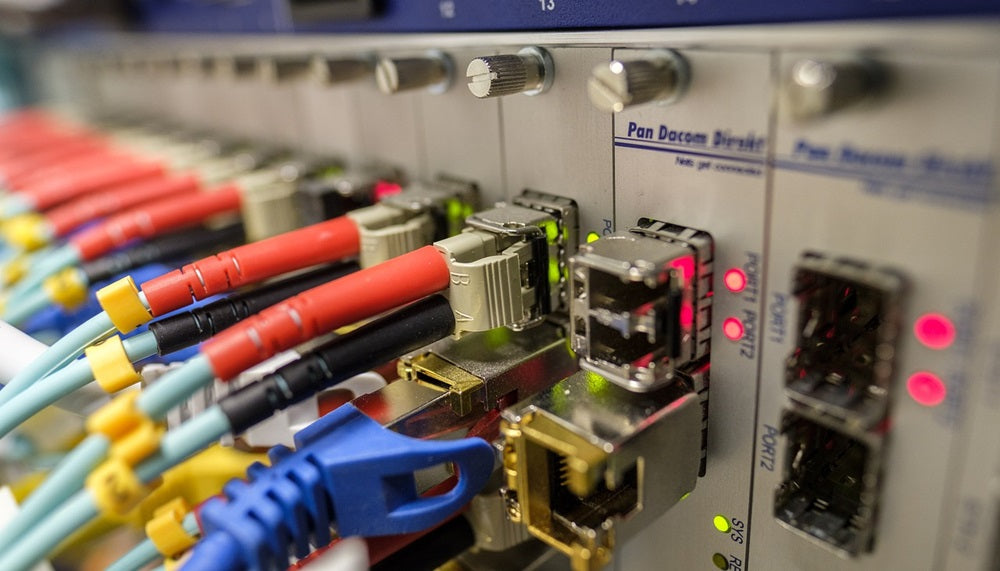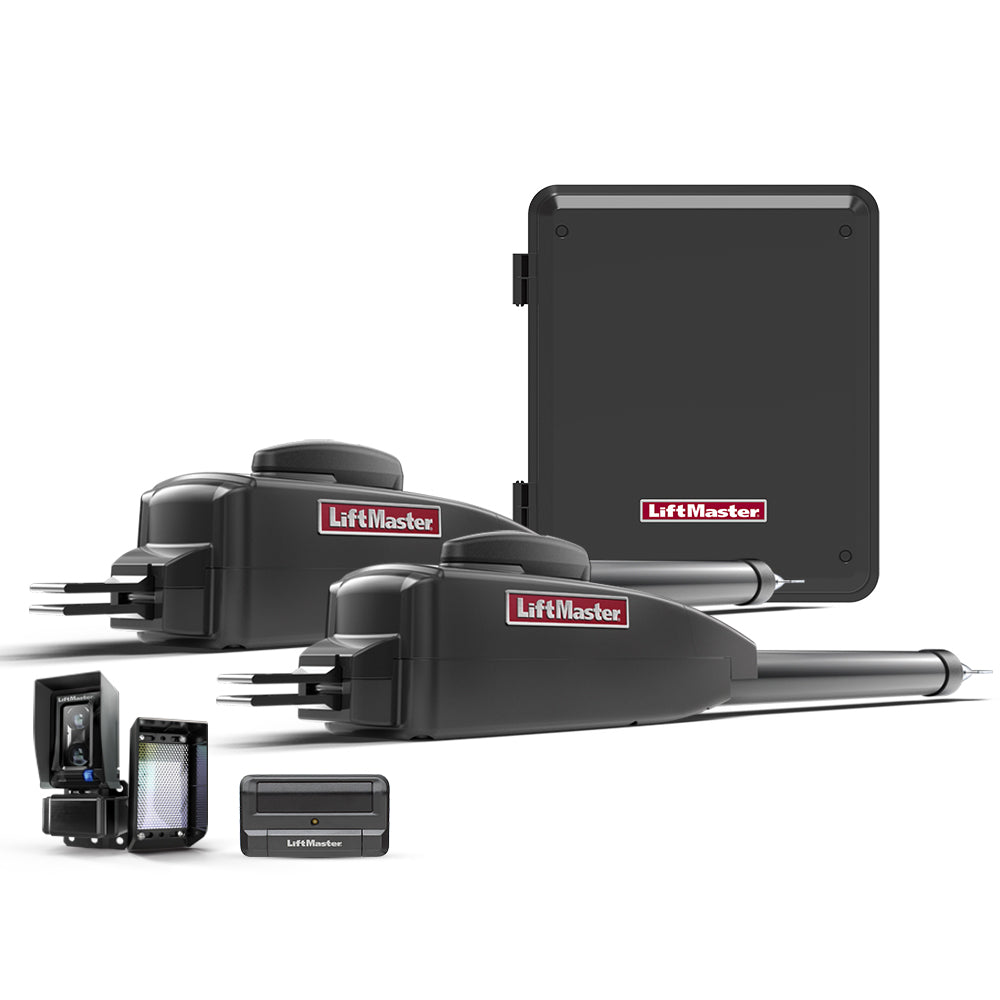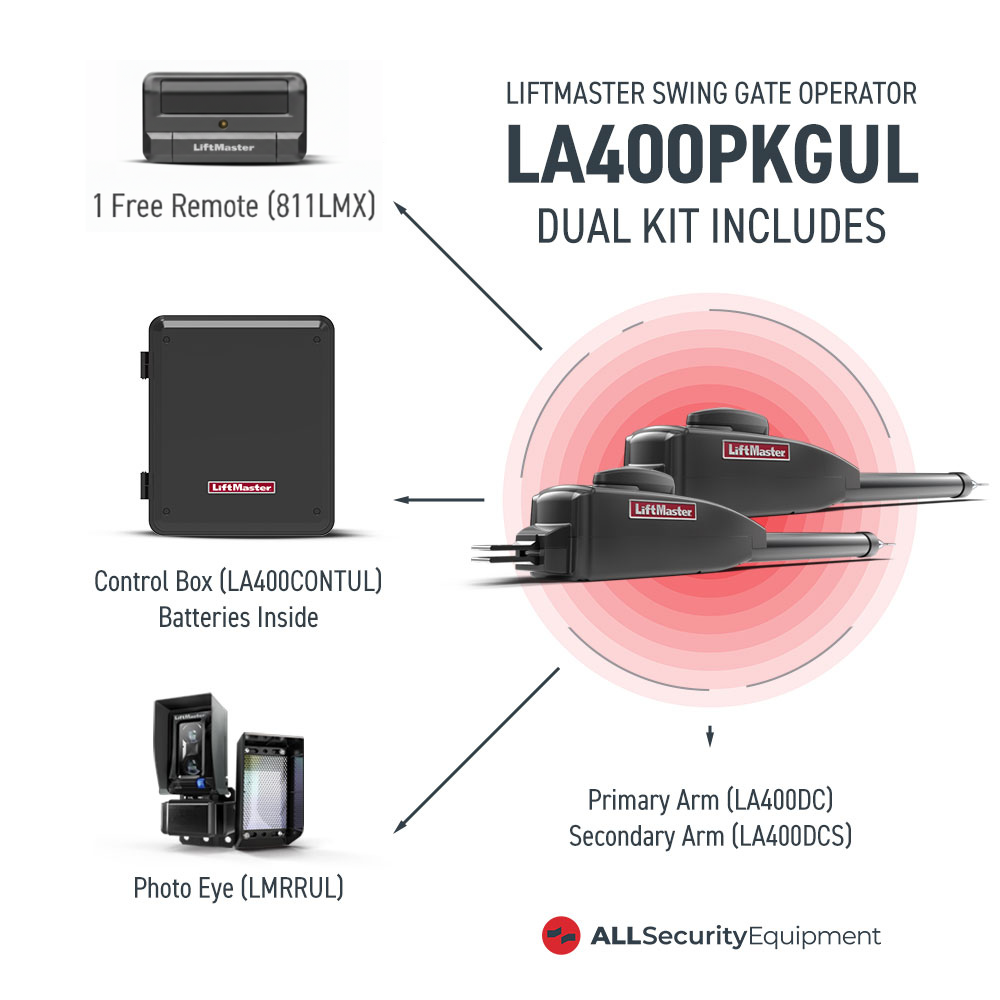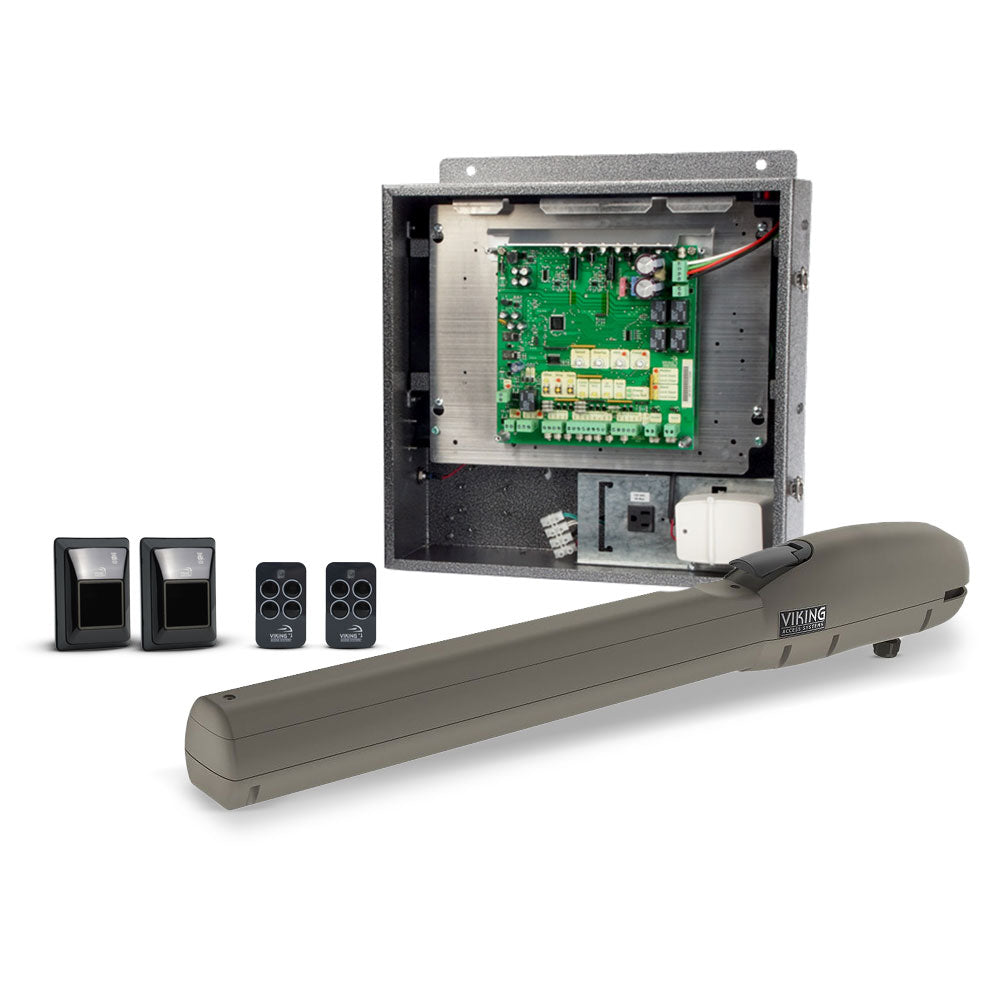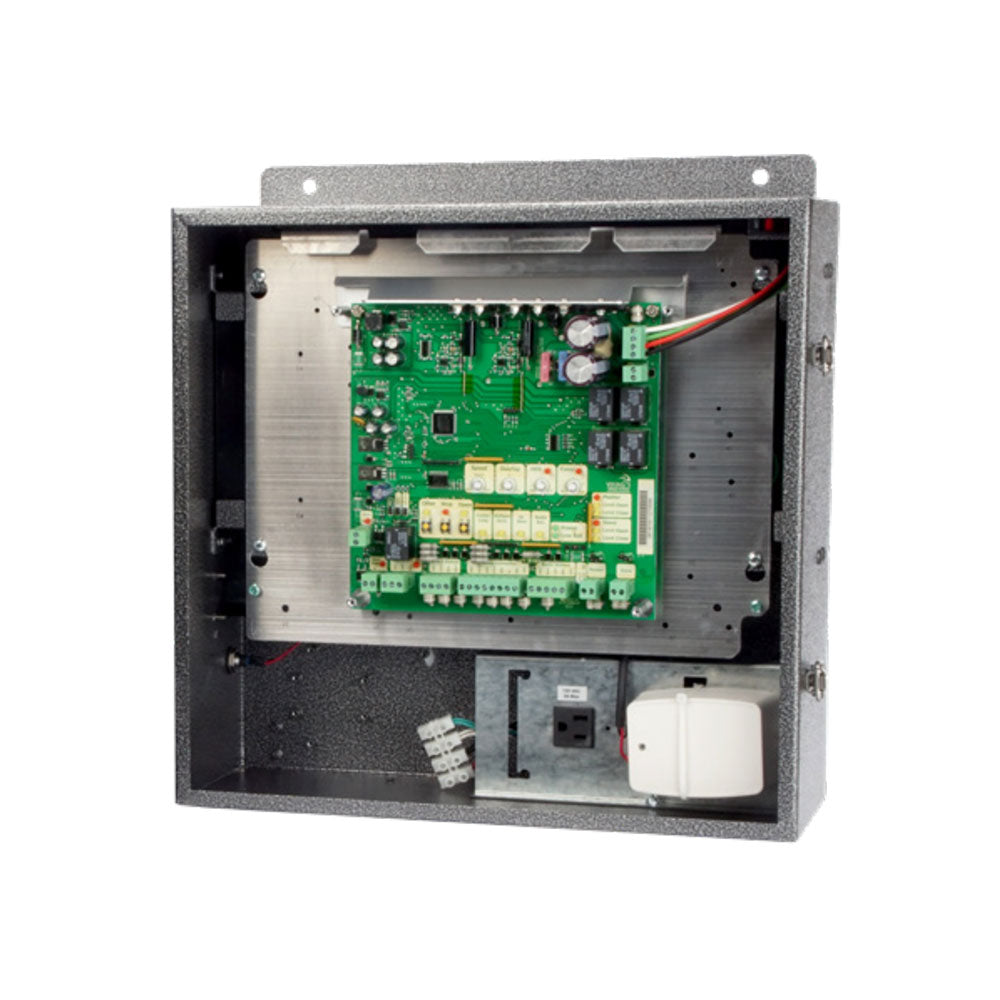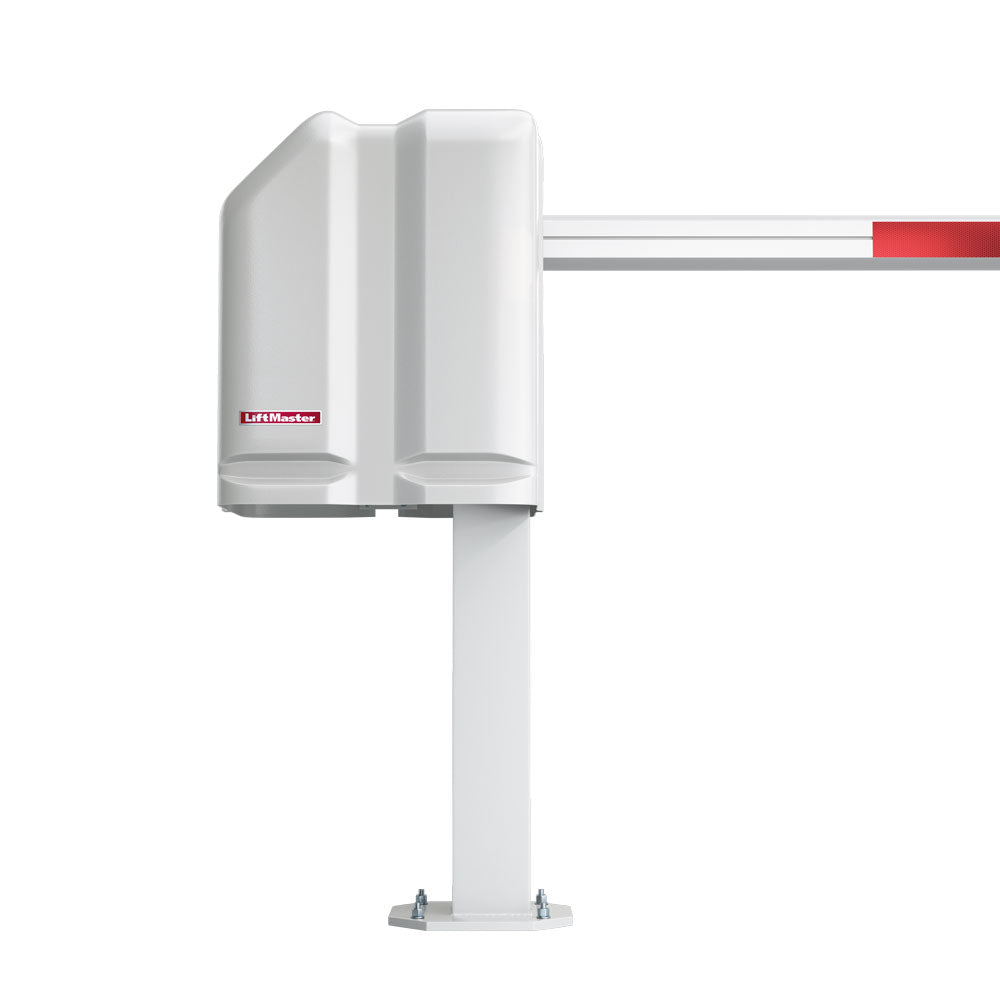Fiber optic cables play a huge role in the secure and efficient transmission of data for security and communication purposes. The significant advantages that fiber cables offer over traditional copper cables have made them a hugely popular choice among engineers and organizations that require efficient data transfer.
The functionality of fiber optic systems relies heavily on the kind of connectors that terminate the cables and help connect them to equipment or other channels.
Some of the major advantages offered by fiber optic cables include faster transmission speeds than copper cables, immunity to electromagnetic interference (EMI), and longer transmission distances.
Two of the most common fiber connector types used in security applications are the LC (Lucent Connector) and SC (Subscriber Connector) connectors. Both fiber connector types perform similar functions, but they offer distinct features that typically influence system performance and installation characteristics.
This article discusses the benefits of using fiber LC vs SC connectors and the key differences between them, which helps to provide valuable insights to security professionals, helping them make informed decisions when choosing the right connector type for their specific needs.
Understanding Fiber Optic Connectors
Optical fiber cables are made up of thin glass or plastic fibers capable of transmitting light signals. The connectors used with fiber optic cables play a crucial role in aligning the fibers precisely, ensuring efficient light transmission between cables and the connected equipment or channel.
Below is a breakdown of some key concepts related to fiber optic connectors and cables:
- Ferrule: The ferrule is a precisely-made cylindrical component found at the tip of the connector that houses and aligns the fiber core. Ferrules are usually made from ceramic or metal, which is polished to produce a smooth surface for efficient light transmission.
- Core and Cladding: The core found in a fiber optic cable is usually made of glass or plastic, and its job is to transmit the light signal. The core will typically be surrounded by cladding with a slightly lower refractive index. The lower refractive index of the cladding helps to confine the light within its core.
- Connector Types: While various types of connectors may be used for connecting fiber optic cables with equipment or into different channels, LC and SC are two popular connectors engineers use. LC and SC are especially used in security systems.
LC vs SC Connectors: A Side-by-Side Comparison
To clearly illustrate the differences between LC vs SC connectors, we have provided a table that graphically shows the major difference in the features of LC and SC connectors:
|
Feature |
LC Connector |
SC Connector |
|
Ferrule Size |
1.25 mm (0.05 inches) |
2.5 mm (0.1 inches) |
|
Connector Size |
Smaller |
Larger |
|
Connection Mechanism |
Push-Pull Latch |
Push-Pull or Screw-On |
|
Durability |
Generally Less Durable |
More Durable |
|
Packing Density |
Higher |
Lower |
|
Cost |
Slightly Higher |
Slightly Lower |
|
Applications |
Data Centers, Enterprise |
Telecommunications, CATV |
Detailed Analysis of Key Differences
- Ferrule Size: LC connectors are known to have a smaller ferrule size, typically 0.05 inches, compared to the 0.1-inch SC connectors. This means LC connectors have a smaller connector footprint, and this makes them ideal for applications where space is limited. Such spaces include high-density data centers and equipment that utilizes multiple fiber optic connections.
- Connector Size: Since LC connectors have a smaller ferrule size, they are typically more compact overall in size than SC connectors. This makes them especially useful for connecting fiber optic cables in small spaces like security enclosures or equipment racks.
- Connection Mechanism: An LC fiber connector typically uses a push-pull latch mechanism for connection and disconnection. This mechanism is considered easier and faster to use compared to the push-pull or screw-on mechanisms used by an SC fiber optic connector. However, it should be noted that the latch mechanism on an LC fiber connector may be a less robust tightening option than the screw-on option provided by some SC connectors.
- Durability: While both the LC and SC connectors are generally considered reliable connection options, the SC connectors are considered to be slightly more durable than LC connectors due to their larger size and potentially more secure connection mechanism (especially the screw-on mechanism).
Regardless of the connection you go with, proper handling and installation practices are required to ensure the best performance and lifespan of both connectors.
- Packing Density: The smaller size of LC connectors allows for higher packing density, which means more LC connectors can fit in a given space than SC connectors. This is especially useful when a maximal number of fiber-optic connections is required in a particular space.
- Cost: The cost difference of LC vs SC connectors is quite small. LC connectors are slightly more expensive than SC connectors due to their small size and intricate design. However, the difference in cost becomes negligible when the overall cost of the system is considered.
- Applications: SC connectors are mostly used in telecommunications, cable television (CATV), and other applications that require higher durability and ease of use than a small footprint. LC connectors are mostly used in enterprise networks, data centers, and high-density applications where more fiber optic connections need to fit in a limited space.
Additional Considerations for Security Professionals
Below are some additional factors that may be useful for security professionals to consider when choosing between LC and SC connectors for their specific use cases:
Existing Infrastructure
Suppose your facility or existing security system utilizes a particular type of connector (LC or SC connectors). In that case, we recommend that you stick to that same one to ensure consistency and seamless integration. Plus, you get to avoid spending extra money on expensive adapters for your connectors.
System Requirements
The specific requirements of your security or communications system must be carefully evaluated before settling for any type of fiber optic connector.
If space is limited and high-packing density is critical to the success of the project, then LC connectors may be the optimal solution.
However, if durability and ease of use in a potentially unforgiving environment are major concerns, then your system might be better off using SC connectors.
Future Scalability
If you anticipate expanding your current fiber optic set-up in the future, then you should use LC connectors as they are more forgiving in constrained spaces and allow for higher packing density than an SC fiber connector.
Professional Consultation
We recommend that you consult with a team of qualified security system installers or fiber optic technicians during the developmental phase of your future security system.
They can also help assess your existing infrastructure and recommend the best connector type that guarantees premium system performance and future scalability.
Shop LC and SC Connectors From a Trusted Vendor – All Security Equipment
Choosing the right connector type for your security system’s fiber optic cables is essential for ensuring that your system experiences reliable data transmission and good overall system performance.
Taking the time to understand the key differences between LC and SC connectors, along with the various considerations discussed in this article, goes a long way in empowering you to make informed decisions for your specific security needs.
You must always remember to prioritize compatibility with existing infrastructure, evaluate space constraints, and consider future scalability when selecting the optimal connector type for your security system.
Jonard Tools is a premier manufacturer of gadgets and tools for home automation, telecom, security and alarm, electrical, and fiber optic industries.
All Security Equipment chose Jonard Tools as its prime partner in all things related to fiber optics because of the company’s impressive manufacturing method, sustained quality over the years, and its guarantee of durability for every product it designs and produces.
Structured Cable Product is another premier manufacturer that we have partnered with over the years.
At All Security Equipment, we understand the unwavering need for fiber optic cables and their accessories, like fiber optic connectors, to be of an uncompromising standard at all times.
Our team of consultants, engineers, technicians, sales experts, and customer representatives are always available to provide you with the best service and product whenever you need it.
Contact us today to learn more!

